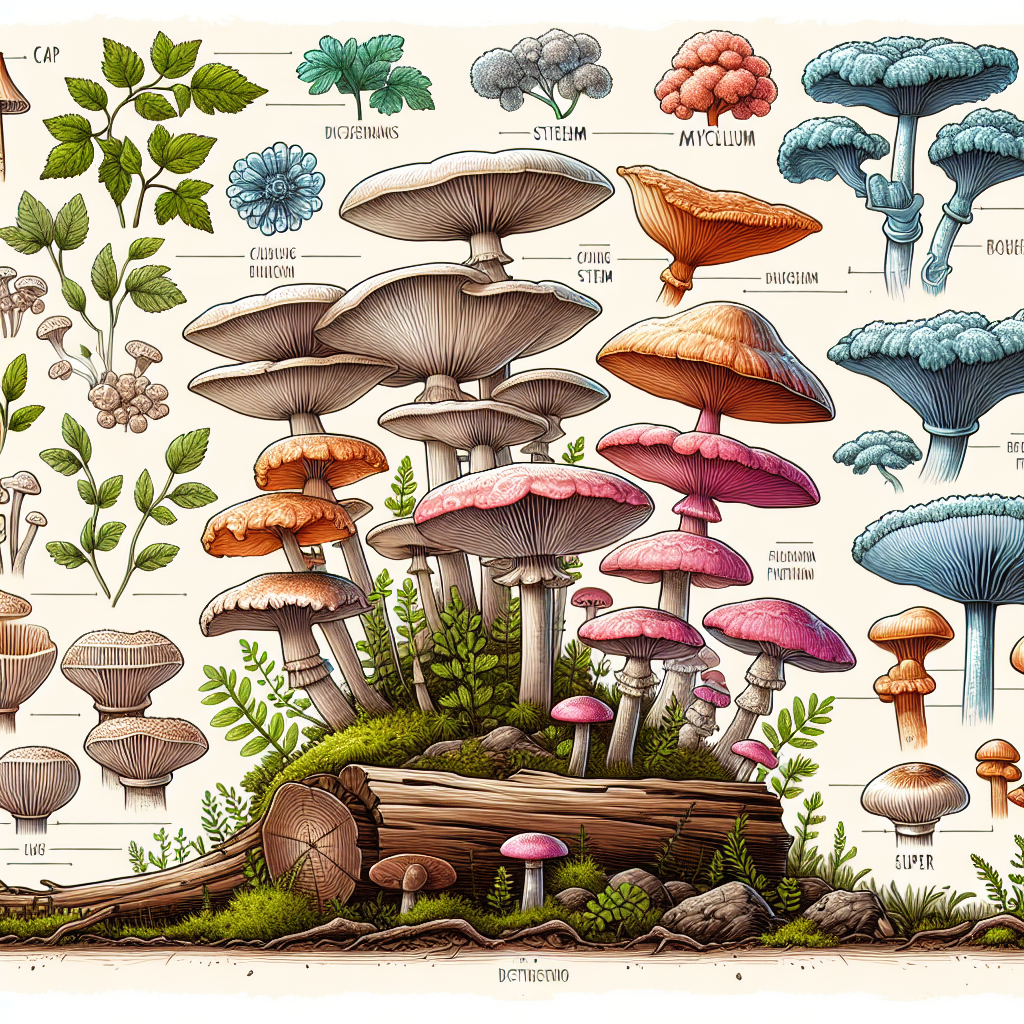Hope from Fungi: German Scientists Discover Plastic-Eating Microorganisms
Scientists in Germany have identified fungi that can consume plastic, offering hope against ocean pollution. Despite this discovery, experts emphasize the need to reduce plastic waste. Analysis in Lake Stechlin showed fungi's ability to degrade synthetic polymers. However, their effectiveness depends on external conditions, highlighting the need for further measures.

Scientists in Germany have identified potentially revolutionary fungi capable of consuming plastic waste, offering a glimmer of hope in tackling the massive problem of ocean pollution.
However, experts caution that this development is only a partial solution to the plastic waste crisis. They stress the importance of reducing the amount of plastic packaging and other debris that enter the environment, where it can persist for decades. A study conducted at Lake Stechlin demonstrated how microfungi could degrade synthetic polymers, providing a glimpse into how these organisms thrive on plastic as their sole carbon source.
Hans-Peter Grossart, head of the research team at the Leibniz Institute of Freshwater Ecology and Inland Fisheries, noted that certain fungal strains could grow and even form biomass exclusively on synthetic polymers. He proposed their use in controlled environments like sewage treatment plants but noted their limited scope in addressing global waste. Grossart emphasized that reducing plastic release is crucial, as the decomposition of plastic by these fungi still results in CO2 release, akin to burning fossil fuels. The study's findings underscore the pressing need for comprehensive solutions to the plastic pollution problem.
(With inputs from agencies.)










